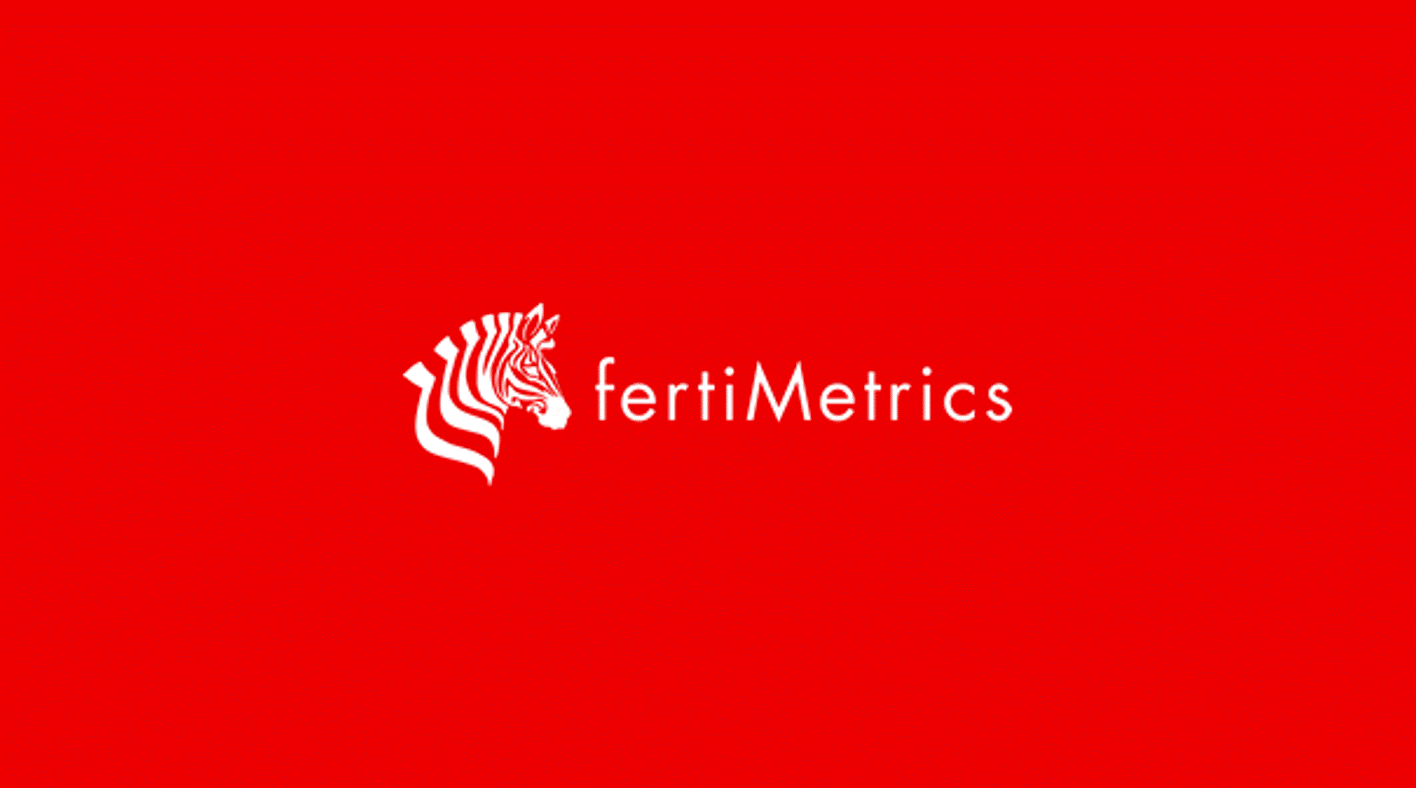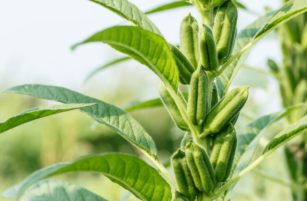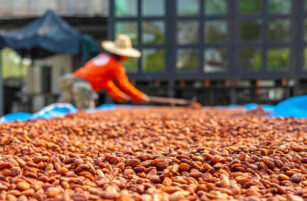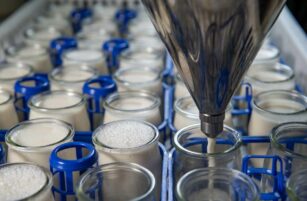Insight Focus
- India has not secured a large urea volume in the latest tender.
- Potash markets remain stable.
- Ammonia market firm despite lack of spot volume.
The India urea tender closing on 14 September with price discovery this week was thrown a curveball by one participant offering 25 KT to each of the coasts at prices between USD 21-29 PMT lower than the second highest offer. West Coast India CFR was at USD 400.50 PMT CFR whilst the East Coast at USD 405 PMT CFR. This resulted in India securing only 525 KT versus the anticipated 1-1.5 million MT. Further, the consequence on netbacks to the various regions resulted in around USD 385 PMT FOB Middle East and as low as USD 325-330 subject freight to the Russian producers with shipment from the Baltics.
It is expected that India could revert to the market with another tender already next week. However, if they fail to do so, urea prices are expected to decline further with major markets like Brazil being absent and already securing cargoes at around the USD 390 PMT CFR mark from among others, Venezuela.
The Chinese export situation is still in limbo with no cargoes offered at the most recent India tender but with as much as 1.2 million MT taking part in the previous tender. The expectation is that China will focus on its domestic fall/winter fill program unit the end of the year.
Urea exports from China through August this year was 1.65 million MT, up 420 KT or 34% year on year but short of the 2.93 million MT exported in 2021.
Indonesia held an export urea tender this week and only 6 KT of granular urea were booked at USD 415 PMT FOB.
The urea market hangs in the balance with all eyes on the next move by India and whether Brazil will come back into the market on a larger scale.
Two events of significance took place in the processed phosphate market this week. One being a proposed cut by the India government on a proposed reduction of the subsidy on potash and phosphates by up to 31% which would see the break-even import price of DAP at USD 500 PMT CFR, down USD 100 PMT from current import prices. The other event was the US Court of International Trade backing an appeal by phosphate producers in Morocco and Russia requiring the US International Trade Commission to reconsider the antidumping against products from these two countries.
On the trading side, Pakistan imported DAP touching USD 600 PMT CFR, the first time since March of this year.
Limited export availability from China is still in place and the market is anticipating that China will come back into the market with around 1 million MT DAP/MAP in the 4th quarter. If this does not happen it is expected that prices will increase accordingly.
The global potash market was uneventful this week. Spot market has stabilized from the Canpotex China deal at USD 307 PMT CFR. Buyers in Indonesia are holding back and maintaining requests for prices at the most recent Pupuk Indonesia settlement of USD 306 PMT CFR. The market is closely following developments in India with the current USD 319 PMT renegotiated price expiring in September and to see if a rollover of prices will take place.
Brazil has imported in excess of 10 million MT of potash this year but prices are holding at USD 350-360 PMT CFR.
China’s potash import through August was 7.092 million MT vs 5.550 million MT year on year, up 27.8%.
India’s import through August was at 1.771 million MT, up 20% year on year.
The global ammonia market is firm on the back of lack of spot volume. Middle East prices went up an average of USD 20 PMT this week to a range between 460-480 PMT. Ma’aden of Saudi Arabia is still out of the export market creating shortages in the Far East. One small sale of ammonia took place in Indonesia at USD 5550 FOB but was considered an outlier with the price closer to USD 500-450 PMT. Contract price in China at USD 450 PMT CFR.
Ammonia producers in Europe may consider increasing their production of ammonia on the back of increased imported CFR prices.














